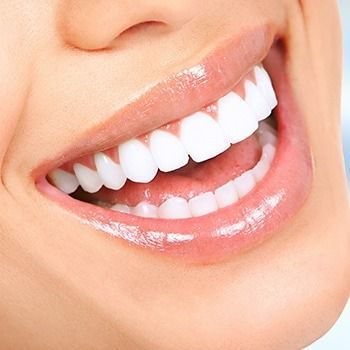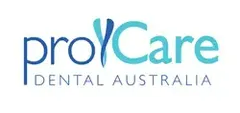ProCare Dental Australia
Frequently Asked Questions
FAQ & SUPPORT
Common Denture Questions
At ProCare Dental Australia, we understand that getting dentures or mouthguards can raise a lot of questions. That’s why we’ve created this helpful FAQ page to guide you through the process.
Whether you’re preparing for your first visit, looking for aftercare tips, or exploring payment options through DVA or private health, this page is designed to provide clear, accurate information tailored to your needs. Located in Maitland, our clinic assists clients of all ages with customised denture solutions, including same-day repairs and relines. We also welcome dental voucher holders and DVA patients. If you’re seeking natural-looking dentures and professional guidance without the jargon, you’re in the right place.
Call
(02) 4934 7574
or use our contact form to ask a question or book an appointment.
Need Help?
Frequently Asked Questions
1. What should I expect during my first denture appointment?
A first denture appointment typically begins with a consultation and oral assessment by a qualified dental prosthetist. The clinician will examine the gums, jaw alignment, and any remaining natural teeth to determine the most appropriate denture type. The process often includes impressions (moulds) of the mouth, followed by a discussion of denture materials, aesthetics, and costs. Some clinics offer same-day repairs or fast-tracked processing if required. No referral is generally needed, and health fund or DVA eligibility may be discussed during this visit.
2. How do I care for my dentures properly?
To care for dentures, it’s important to clean them daily with a soft denture brush and mild soap or denture cleaner (not regular toothpaste). Rinse them after meals, and soak them in a denture solution overnight unless advised otherwise. Always handle dentures over a soft towel or basin of water to prevent breakage if dropped. Avoid hot water, which can warp the materials. Regular check-ups are recommended to monitor fit and gum health. Improper care can lead to staining, plaque buildup, and discomfort.
3. Are payment plans or dental vouchers available for denture services?
Yes, many denture clinics accept dental vouchers and may offer payment plans. In Australia, eligible patients can access public dental vouchers through local health districts or Veterans’ Affairs (DVA) programs. Private health insurance policies that include major dental may also cover partial or full costs of dentures. Patients are encouraged to check with their insurer or provider for rebate eligibility and item codes. Some clinics also offer in-house flexible payment options.
4. Can I use my private health insurance for dentures?
Private health insurance policies that include extras cover often provide a rebate for dentures, denture repairs, relines, or mouthguards. The level of cover depends on the insurer and plan selected. Patients should check for waiting periods, annual limits, and item codes before starting treatment. Most denture clinics issue receipts with itemised codes for claiming. It's recommended to bring your health fund card to the appointment to process claims on the spot, if facilities are available.
5. What does DVA cover for denture treatment?
The Department of Veterans’ Affairs (DVA) provides eligible veterans and dependants with access to dental prosthetic services. DVA may cover full or partial dentures, relines, repairs, and mouthguards. No out-of-pocket cost typically applies for approved treatments when using a registered provider. Patients should bring their DVA Gold or White Card to appointments and may need a referral depending on the service or state-specific policies. Coverage limits may vary, so it’s advised to confirm details with the clinic or DVA directly.
6. How long do dentures last and when should they be replaced?
Most dentures last between 5 to 7 years, depending on the material, oral health, and level of care. Over time, dentures may loosen due to natural changes in gum and bone structure, requiring relining or replacement. Signs that dentures need replacement include discomfort, poor fit, visible wear, breakage, or difficulty chewing. Regular check-ups can help assess the condition of the prosthesis and ensure optimal oral function.
7. Is there a denture aftercare checklist I can follow?
Yes, denture users are encouraged to follow a standard aftercare routine:
- Rinse and brush dentures daily
- Remove dentures overnight unless otherwise advised
- Store them in cool water or denture solution
- Clean gums and tongue with a soft brush
- Attend follow-up fittings and adjustments
- Watch for sore spots, speech changes, or chewing difficulty
Some clinics offer printed or downloadable aftercare checklists as part of the treatment process.






